Now, a new solution that could help better process plastic waste has been developed by researchers at Northwestern University (USA). Their new method is capable of decomposing plastic using only moisture from the air, providing a clean and energy-efficient alternative to traditional plastic recycling methods.
It is known that the majority of plastic waste today, especially polyethylene terephthalate (PET) - a type of plastic commonly found in bottles, food containers and polyester fabrics - does not decompose naturally. Although current recycling methods exist, they often require harsh chemicals, high temperatures and expensive processes, resulting in plastics often being recycled into lower quality materials.
The Northwestern team has discovered a way to break down plastic into its original building blocks using a non-toxic, solvent-free process. The method relies on a molybdenum-based catalyst and activated carbon, which breaks down the chemical bonds in PET plastic. The breakthrough in the research is the next stage: after the plastic is chemically broken down, it is exposed to air and atmospheric moisture, which triggers a reaction that converts the plastic into valuable monomers. These components can be recycled into entirely new plastics or even higher-value materials.
Promising solution for plastic waste treatment
Unlike traditional recycling, this method is safer, more cost-effective, and more sustainable. It eliminates the need for toxic solvents, reduces energy consumption, and reduces byproducts released into the environment. The process is also very efficient, recovering 94% of usable material in just 4 hours.
The researchers tested the system on a variety of real-world plastic waste, including bottles, polyester clothing, and mixed plastic products. The system worked effectively, even removing color from dyed plastics, leaving behind a pure material that can be recycled. The method could be a solution to the ongoing problem of plastic pollution in our oceans and beaches.
This innovation not only has the potential to revolutionize plastic recycling, but also enables the continuous reuse of plastic without any loss of quality. The next step for the researchers is to scale up the process for industrial use, ensuring it can handle large amounts of plastic waste.
With plastic waste at an all-time high and microplastics falling from the sky, finding a solution to the problem is more urgent than ever.
Source: https://vov.vn/cong-nghe/tin-cong-nghe/giai-phap-moi-phan-huy-rac-thai-nhua-chi-bang-hoi-am-tu-khong-khi-post1163539.vov


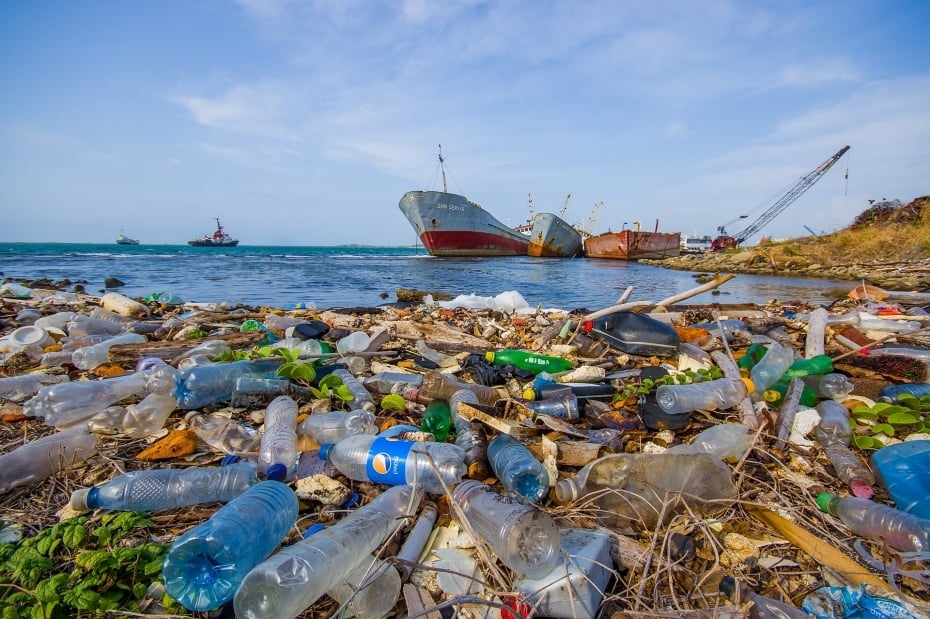
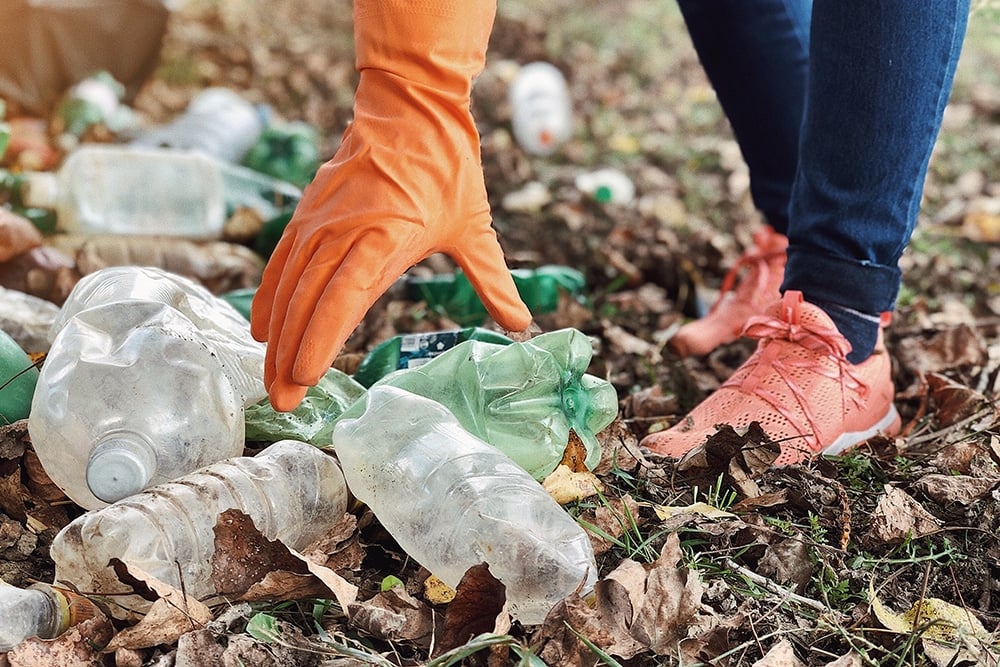




![[Photo] Nearly 2,000 people enthusiastically participated in the Olympic Running Day - For the security of the Fatherland](https://vstatic.vietnam.vn/vietnam/resource/IMAGE/2025/3/27/33bed26f570a477daf286b68b14474d4)

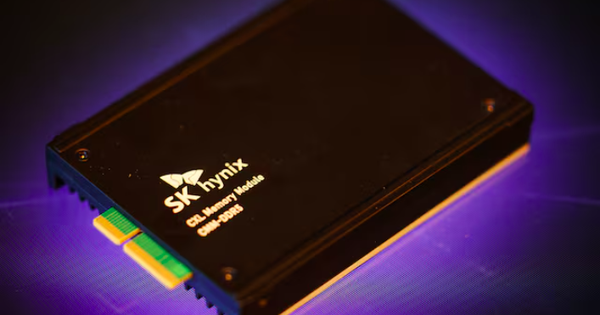








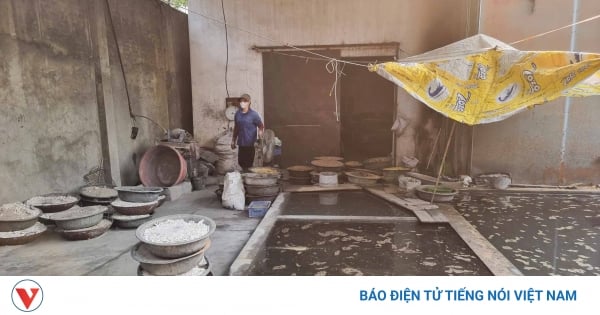

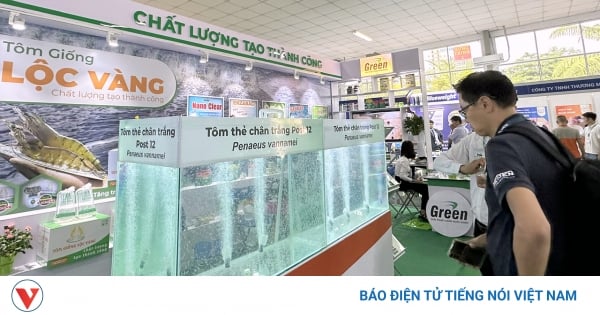




![[Photo] Close-up of the construction of the first dam to retain water on the To Lich River](https://vstatic.vietnam.vn/vietnam/resource/IMAGE/2025/3/27/0b561f1808554026a87a8cb1f79c8113)
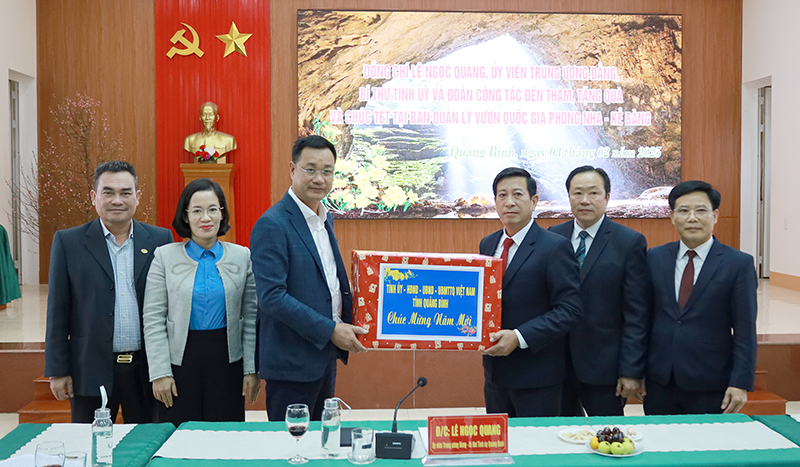



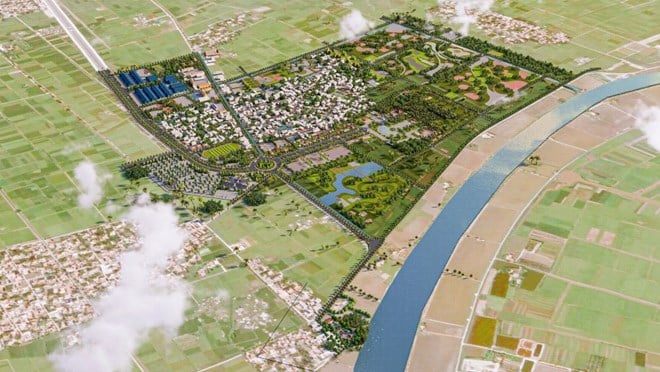






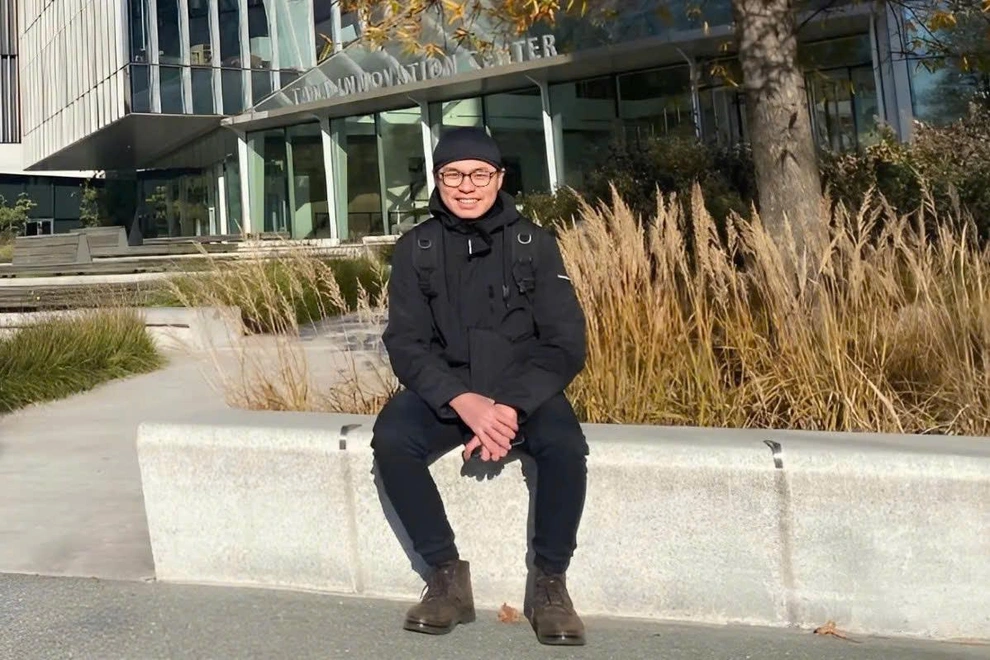
















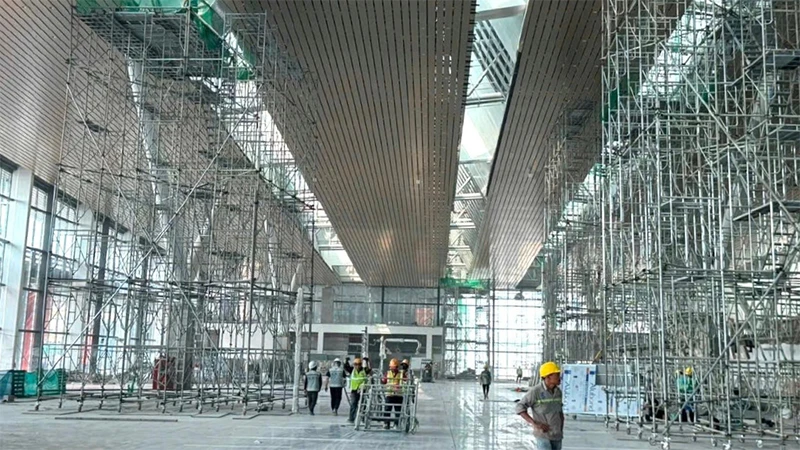



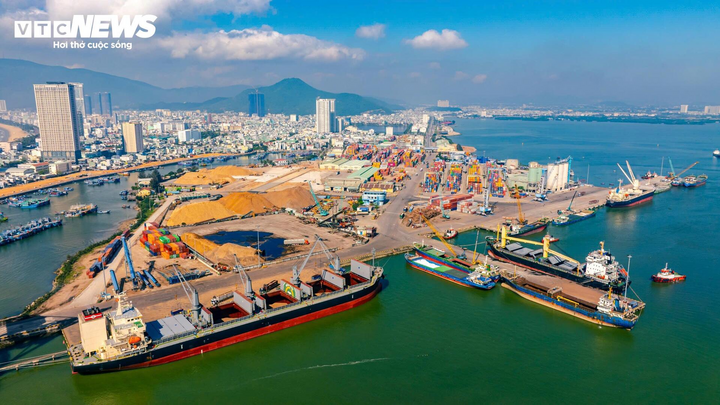









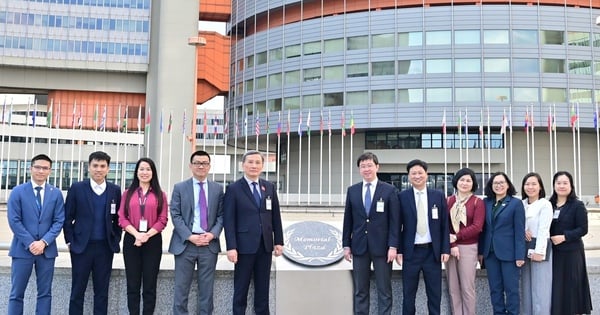
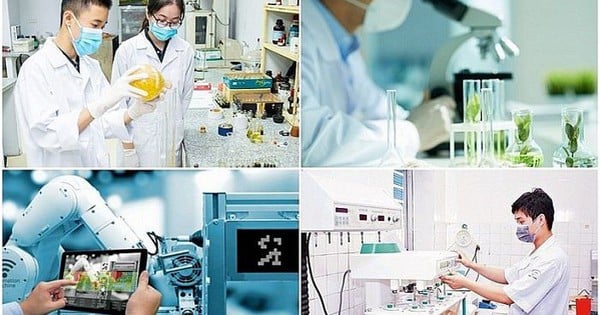













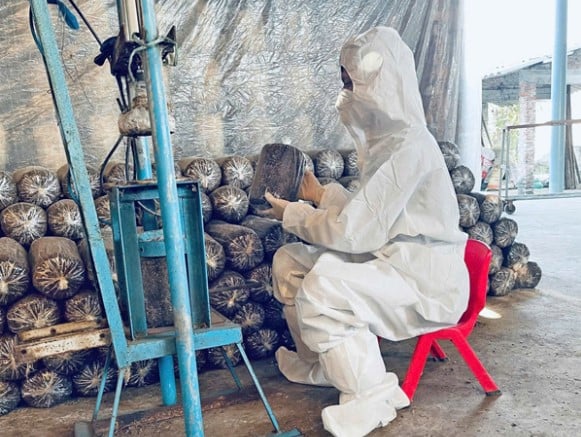
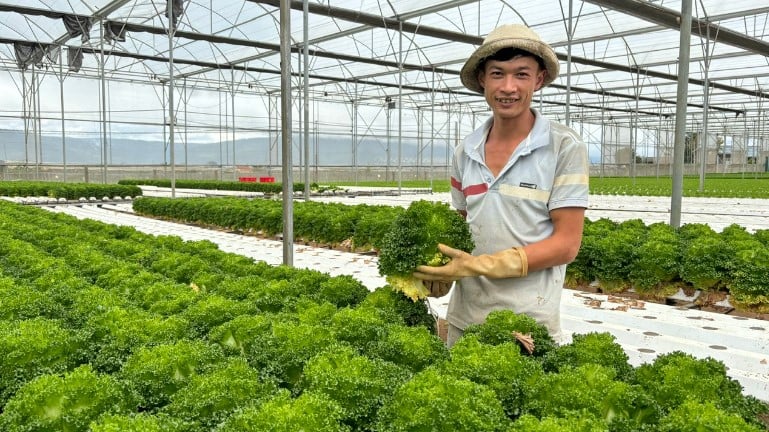






Comment (0)